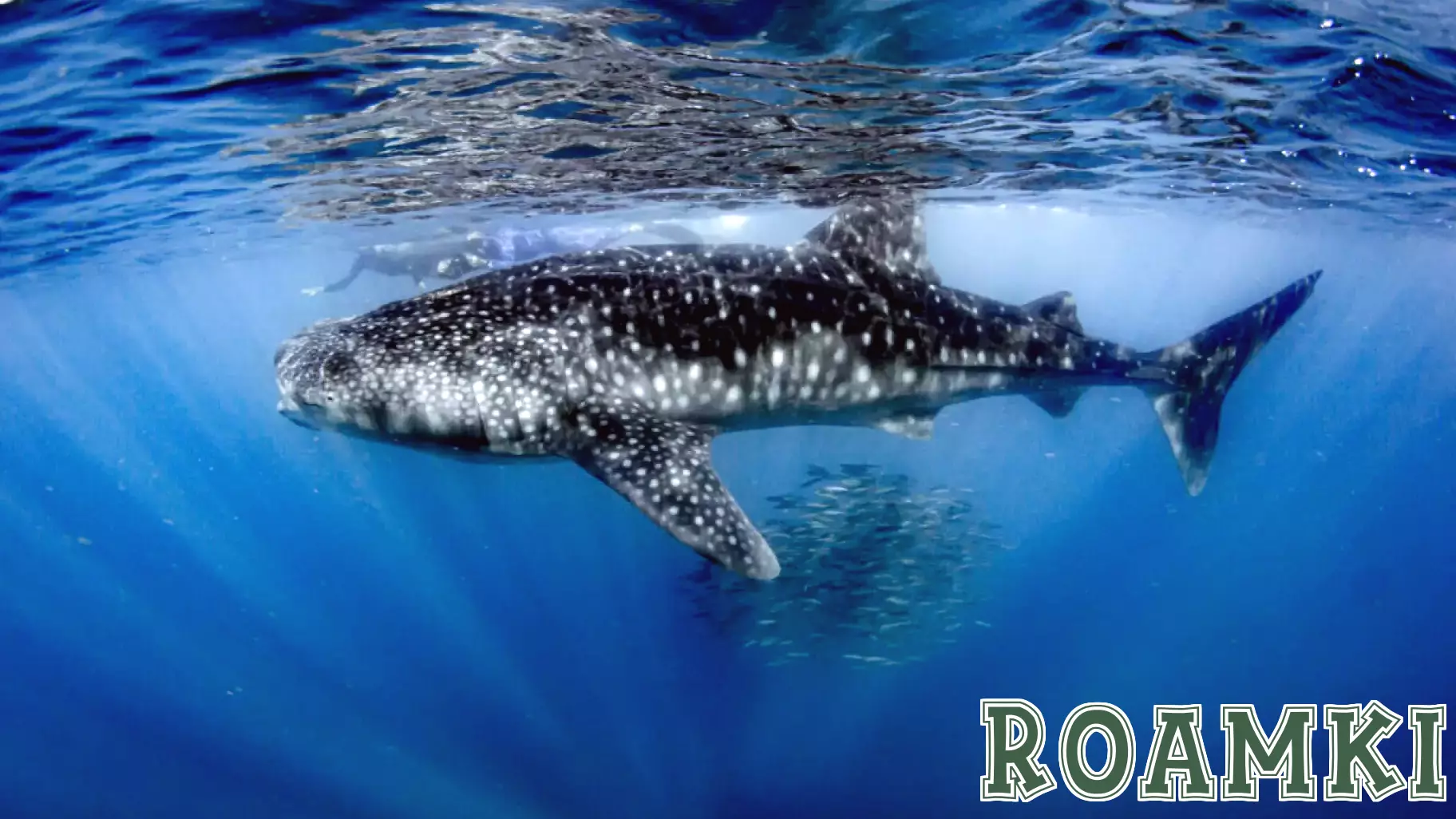Impact of Cruise Ships on Whale Shark Habitats in Mexico
May 16, 2025 - 15:12

In December 2020, the COVID-19 pandemic brought an unexpected surge of mega cruise ships to Bahía de La Paz, Baja California Sur, Mexico, as tourism ground to a halt. This influx of vessels, while intended to shelter tourists, resulted in significant ecological disturbances, particularly affecting the delicate marine environment.
The presence of these ships has led to increased pollution in the waters, which poses a serious threat to the local ecosystem. Among the species most affected is the whale shark (Rhincodon typus), known for its gentle nature and importance in marine biodiversity. The disruption caused by the cruise ships has contributed to the displacement of these magnificent creatures, with reports indicating that they have not been spotted in the area since the ships arrived.
As tourism begins to recover, the long-term consequences of this environmental impact raise concerns for conservationists and marine biologists alike. The balance between tourism and environmental stewardship must be prioritized to protect the habitats of vulnerable species like the whale shark.
MORE NEWS

February 24, 2026 - 22:41
Dubai National Insurance and Al Habtoor Polo Resort Partner for Environmental Sustainability Project, Offering Eco-Conscious Tourism Opportunities - Travel And Tour WorldA new partnership is sowing the seeds for a greener future in Dubai`s hospitality sector. Al Habtoor Polo Resort and Dubai National Insurance have joined forces to launch a significant...

February 24, 2026 - 15:38
Aruba Joins Jamaica, Puerto Rico, Dominican Republic, Barbados, Bahamas, And More In Introducing Groundbreaking Sustainability Initiatives To Protect The Caribbean And Accelerate Tourism Growth: Everything You Need To Know - Travel And Tour WorldA powerful coalition of Caribbean destinations, including Aruba, Jamaica, Puerto Rico, the Dominican Republic, Barbados, and The Bahamas, has launched a coordinated series of groundbreaking...

February 23, 2026 - 22:32
Loosely Regulated Commercial Space Travel Poses An Environmental ThreatA stark new warning has been issued regarding the environmental impact of the rapidly expanding commercial space industry. Scientists highlight that the sector`s current lack of stringent...

February 21, 2026 - 00:02
Tourism revenue loss affects environment, local communities abroadA new report reveals a troubling trend in global travel: the vast majority of tourist spending fails to benefit local economies. Known as `economic leakage,` between 50% and 80% of vacation...